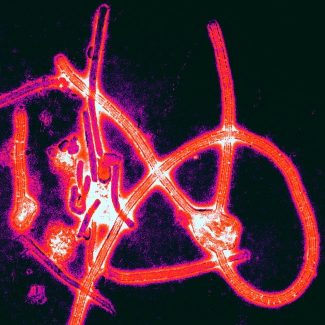Key Takeaways
- Massive external money flows and weak institutions have made Cambodia fertile ground for trans-national criminal networks.
- Crime and governance metrics have rapidly deteriorated since 2021.
- Human and narcotic trafficking, fraud, and smuggling are increasingly common.
Transnational crime in Southeast Asia poses a mounting threat to regional stability and global security, affecting countries as far away as North America, Europe, and Oceania. Chinese-backed networks operating in Myanmar, Laos, and Cambodia exploit corruption and weak governance for drug trafficking, cyber scams, and human trafficking. In the Kingdom of Cambodia, abandoned Special Economic Zones, casinos, and hotels have become hubs for these activities. Cities like Sihanoukville, Poipet, and Bavet are now regional centers of organized crime, involving not only Chinese and local networks but also groups like the Japanese Yakuza.
After Cambodia joined China’s Belt and Road Initiative (BRI) in 2013, Chinese investment and tourism surged. Developers began building casinos and resorts aimed at Chinese customers, capitalizing on the demand for both in-person and online gambling, which remains illegal in China. However, a 2019 Cambodian law banning online gambling reduced the profitability of these ventures, and the 2020 COVID-19 lockdowns further devastated in-person tourism and gambling. In response, these operations turned to alternative income sources, leading to partnerships with transnational organized crime groups and human trafficking networks, fueling an increase in criminal activity.




